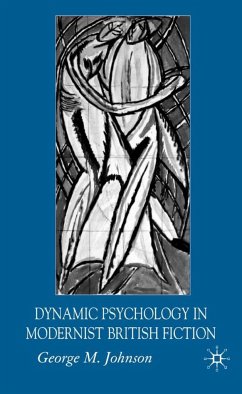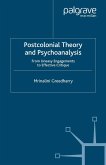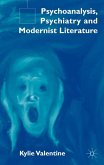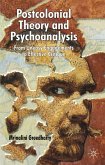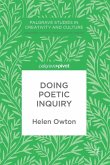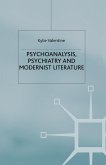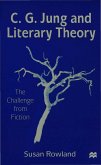Dynamic Psychology in Modernist British Fiction argues that literary critics have tended to distort the impact of pre-Freudian psychological discourses, including psychical research, on Modern British Fiction. Psychoanalysis has received undue attention over a more typical British eclecticism, embraced by now-forgotten figures including Frederic Myers and William McDougall. This project focuses on the Edwardian novelists most fully engaged by dynamic psychology, May Sinclair, and J.D. Beresford, but also reconsiders Arnold Bennett and D.H. Lawrence. The book concludes by demonstrating Woolf's subtle assimilation of pre-Freudian discourse.
Hinweis: Dieser Artikel kann nur an eine deutsche Lieferadresse ausgeliefert werden.
Hinweis: Dieser Artikel kann nur an eine deutsche Lieferadresse ausgeliefert werden.
'For scholars of British literary modernism, who focus on theories of the unconsious, selfhood and narrative, Dynamic Psychology is essential reading.' - Michael Lackey, Studies in the Novel
'...this study should receive serious consideration for two reasons: as a reassessment of the role psychical research played in the development of both modern psychology and modern literature and as a call for the renewed appreciation of neglected authors like Bennett, Beresford, and especially Sinclair.' - Andrew Kunka, Modern Fiction Studies
'...this study should receive serious consideration for two reasons: as a reassessment of the role psychical research played in the development of both modern psychology and modern literature and as a call for the renewed appreciation of neglected authors like Bennett, Beresford, and especially Sinclair.' - Andrew Kunka, Modern Fiction Studies

